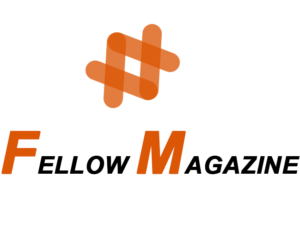As the healthcare industry becomes more reliant on technology, it continues to face many challenges. One of the biggest challenges is providing enough physicians and other staff to meet the growing needs of the industry while trying to reduce costs. This blog looks at how tracking, data, and artificial intelligence are transforming the industry and improving patient care while reducing costs and improving care.
The “internet of things” is transforming the healthcare industry
The internet of things, or IoT, is where the world is heading next. It’s when all devices and services around you are connected to each other and to the internet which allows them to work cohesively. This allows better experience and efficiency in getting things done.
In healthcare, this might look like your smartwatch or Fitbit monitoring your health and detecting issues even before they happen and connecting you with a healthcare professional or service. Automatically identifying a nearby hospital in an emergency and calling the ambulance using geo-location data is another instance. Similarly, your smart home can calculate your calorie intake or dietary patterns to give your suggestions or directions to achieve your weight goal for the month.
Information gathering and data management can also do wonders in delivering precise treatments for patients. The treatment history, medication, variations in health, etc. can be monitored for at-risk patients and then used to ensure a safe and efficient treatment plan that increase the recovery rate and reduce unnecessary wastage of resources.
Healthcare professionals are turning to tracking and intelligent technology to reduce hospital-related costs
Another major advance in healthcare is patient tracking. Traditionally, patients had to be confined to home or treatment centres if they were to be monitored. But with new and hassle-free gadgets like GPS trackers, this is no longer necessary.
Recently, UK police announced that they will be providing GPS tracker to dementia patients. Facilities like this can mean we no longer have to minimise the mobility of the elderly with a risk of memory loss diseases like dementia or Alzheimer’s. Tracking gadgets are also beneficial for people travelling, especially in remote areas, as some personal trackers have dedicated SOS buttons to contact emergency services if they ever run into trouble or need help.
Moreover, hospitals can also manage and track their resources like ambulances in and around the area to ensure faster response time. It will be easier to determine which ambulance is nearby with the dashboard and assign them the emergency if one arises instead of contacting multiple drivers and finding out who is close by.
Over the past few years, many new developments in technology have been making their way into the healthcare industry. In the coming years, we can expect to see even more changes to the way we are treated, the way we interact with our doctors, and the way we take care of our health. We hope you’ve enjoyed this blog on how tracking and intelligent technology are transforming the healthcare industry! If you have any questions or comments, please feel free to leave them below.
